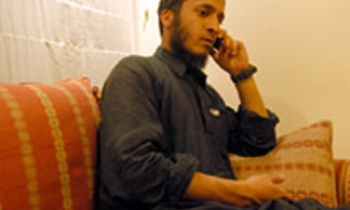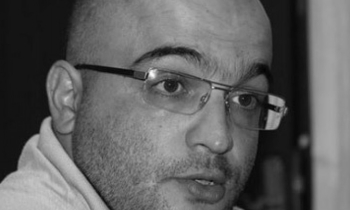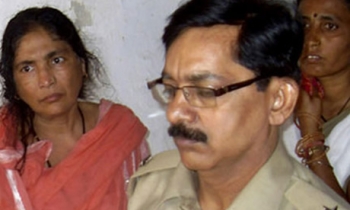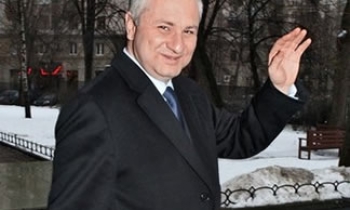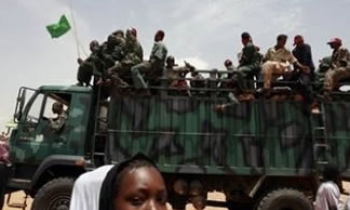GLOBAL media coverage of today's first cricket Test is in disarray, with international media agencies boycotting the event after accusing Cricket Australia of blackmail in the latest fight over digital sports rights.
And a lock-out of journalists at the first Test with Sri Lanka at the Gabba was only narrowly avoided yesterday as negotiations over CA's attempt to restrict online coverage continued.
But international news agencies Reuters, Associated Press and Agence France-Presse have all decided to boycott the Test in protest of CA's demands.
Australian media outlets were prepared to join the boycott and the lock-out was only narrowly avoided as CA capitulated and allowed media to stream video highlights and update websites.
At the last minute Fairfax Media, owner of The Sydney Morning Herald and The Age, agreed to a deal with CA.
The Australian's owner News Limited remained in discussions last night, leaving open the possibility its journalists may be locked out from the Gabba today.
Apart from the issue of fair use of news material, media operators are furious over CA's demand for an accreditation fee, believed to be $5000 for Australian media organisations and $10,000 for international agencies.
One media executive described the accreditation fee as a form of blackmail, warning if paid it would lead to the beginning of fee-for-coverage journalism.
"In blackmail the first payment is always the smallest," the executive said.
Reuters, AP and AFP pulled out of covering the Test on Tuesday night. Reuters said it was regrettable but necessary.
"Reuters is suspending its coverage of Cricket Australia's events with immediate effect," managing director Monique Villa said in a statement.
"Reuters will not be covering matches, press conferences nor other activities hosted by Cricket Australia. Reuters regrets this action.
"However, press freedom and protecting the news interests and coverage rights of our global clients is of key importance."
But Fairfax spokesman Bruce Wolpe said they had not retreated "on any editorial freedom".
"No concessions have been made and only on that basis were we satisfied to reach an agreement," he said.
"We have said we want to update our website 24 times a day and with online video we have full fair use rights and we will exercise those."
Cricket Australia spokesman Peter Young described the negotiations as "pragmatic and reasonable".
He said News Limited was still in discussions over the number of still photos allowed to be uploaded to the internet.
"At the end of the day this is a commercial negotiation," he said.
Mr Young said that earlier this year CA hired a digital rights expert from international sports management group IMG to advise on how to develop its online revenue stream.
He said the consultant was also helping CA in its negotiations with media organisations, following a similar boycott threat last year.
The battle has again drawn attention to the global struggle between media organisations wanting to cover sporting events and sports rights holders protecting their investment.
In September, press coverage of the Rugby World Cup was thrown into chaos when Reuters, AP, AFP and Getty announced they were suspending coverage of the tournament over internet usage rights.
Both the French Government and the EU were dragged into the fight with French Sports Minister Roselyne Bachelot-Narquin calling International Rugby Board chief executive Mike Miller directly.
The IRB had sought to limit news organisations to three minutes a day of audio-visual footage.
Media coverage of the World Cup was only salvaged one hour before the start of the first match when a deal was struck.
The International Olympic Committee is also struggling with the issue of digital rights, with media organisations demanding the right to extend their coverage from traditional media such as newspapers and television to online environments.
Kevan Gosper, head of the IOC press commission, recently told Media the broadcasting companies that paid millions for the rights had the final say over the commercial exploitation of those images.

